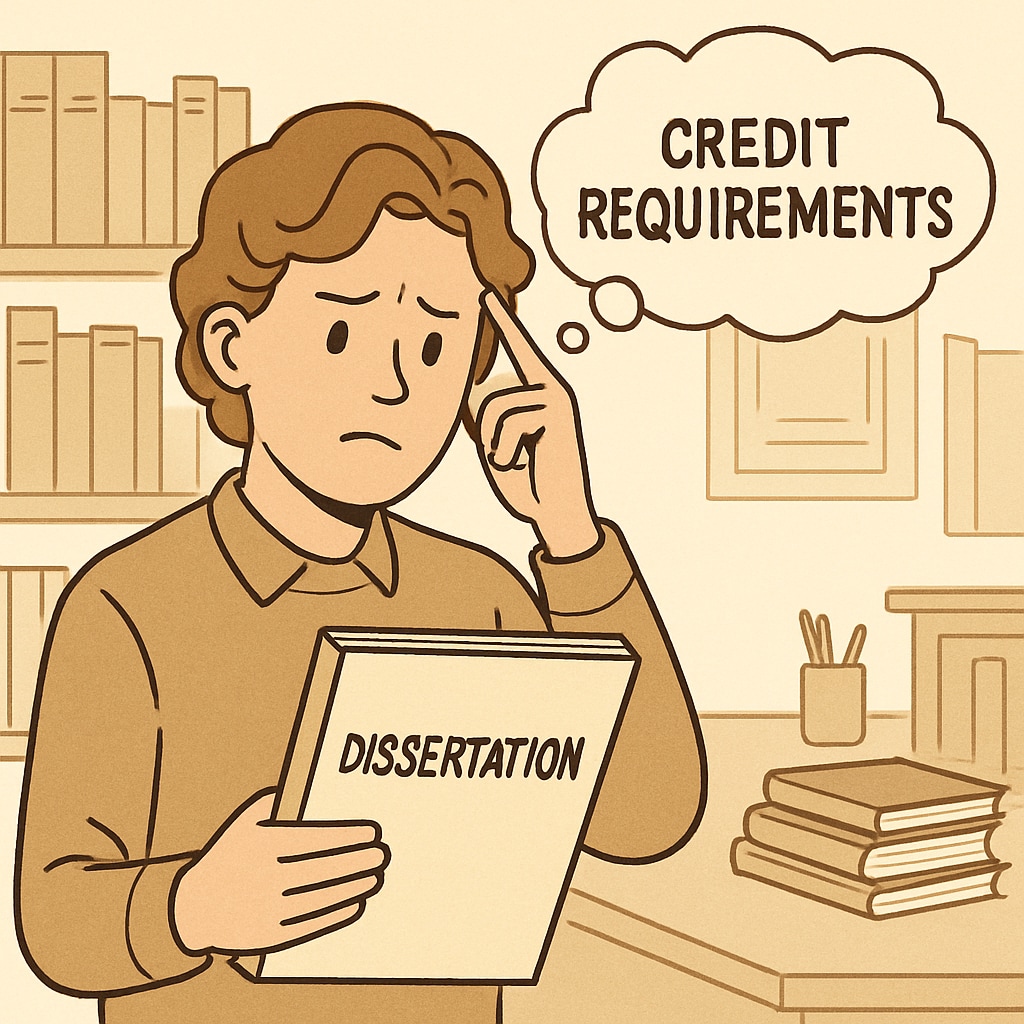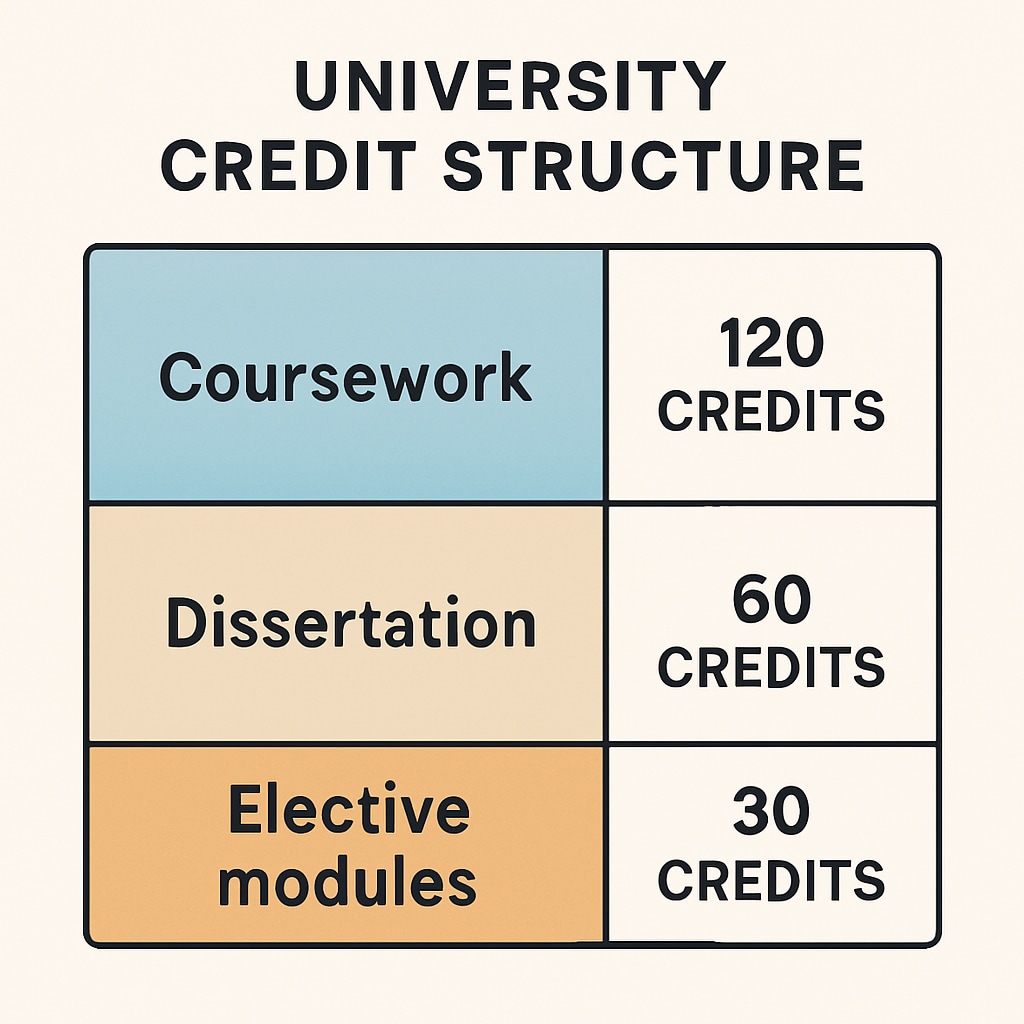For many international students pursuing higher education in the UK, attaining a master’s degree feels like the culmination of years of academic effort. However, the journey is not always straightforward. Even after successfully completing their dissertation—a critical component of UK master’s programs—some students find themselves unable to receive their degree certificate due to unmet credit requirements. This article delves into the intricacies of the UK education system, focusing on challenges related to credit recognition and strategies to overcome barriers.

Understanding Credit Requirements in UK Master’s Programs
UK master’s degree programs typically follow a credit-based structure. To obtain a degree, students must accumulate a specified number of credits through coursework, research, and their dissertation. For example, most programs require 180 credits, divided among taught modules, independent study, and the final dissertation. The dissertation alone often accounts for 60 credits, leaving 120 credits to be earned through other modules.
While this system is designed to ensure comprehensive learning, it can sometimes lead to unexpected hurdles. For instance, students who excel in their dissertation may still fall short of the required credits due to incomplete or failed modules. As a result, despite their hard work, they may be unable to graduate.
Why Dissertation Completion May Not Suffice
Completing your dissertation is undoubtedly a significant milestone, but it is only one part of the broader academic framework. Many students overlook the importance of taught modules and elective coursework. Here are some common reasons why dissertation completion alone may not guarantee a degree:
- Failed Modules: Students may not pass certain modules, leading to a deficit in required credits.
- Incomplete Coursework: Missing assignments or exams can result in unearned credits.
- Unrecognized Prior Learning: Credits from previous institutions may not transfer seamlessly into the UK system.
- Misunderstanding Program Structure: Some students may focus disproportionately on their dissertation, neglecting other components.

Strategies for Navigating Credit Challenges
Facing credit issues can feel overwhelming, but there are practical steps students can take to address them:
- Review Your Program Requirements: Familiarize yourself with the credit breakdown for your course by consulting your university’s handbook or academic advisor.
- Seek Academic Support: Many universities offer tutoring or resit opportunities for failed modules.
- Communicate with Faculty: If you’re struggling, discuss your situation with professors or program coordinators—they may suggest alternative solutions.
- Consider Additional Modules: Some institutions allow students to enroll in extra modules to make up for missing credits.
- Appeal for Recognition of Prior Learning: If you have relevant credits from another institution, inquire about transfer possibilities.
By staying proactive and informed, students can mitigate the risk of credit-related setbacks and ensure they meet all requirements for their degree.
Protecting Your Rights as a Student
In addition to addressing credit issues, students should be aware of their rights within the UK education system. Universities are obligated to provide clear information about course requirements and support mechanisms. If a student feels they have been unfairly denied their degree, they can take the following steps:
- Request Formal Documentation: Ask your university for detailed records showing which requirements remain unmet.
- File an Appeal: Many institutions have formal procedures for appealing academic decisions.
- Seek External Guidance: Organizations like the Office of the Independent Adjudicator (OIA) offer impartial dispute resolution for UK students.
Ultimately, understanding your rights and responsibilities can help you navigate the complexities of the UK academic system and achieve your educational goals.
Conclusion
Obtaining a master’s degree in the UK is a challenging yet rewarding endeavor. However, students must understand that completing their dissertation alone does not guarantee success. By paying careful attention to credit requirements, seeking academic support, and advocating for their rights, students can overcome obstacles and secure their degree. The key lies in proactive planning and open communication with university staff.
For more information about the UK education system and master’s degree requirements, visit trusted resources such as Wikipedia’s Guide to UK Higher Education and Britannica’s Higher Education Overview.


